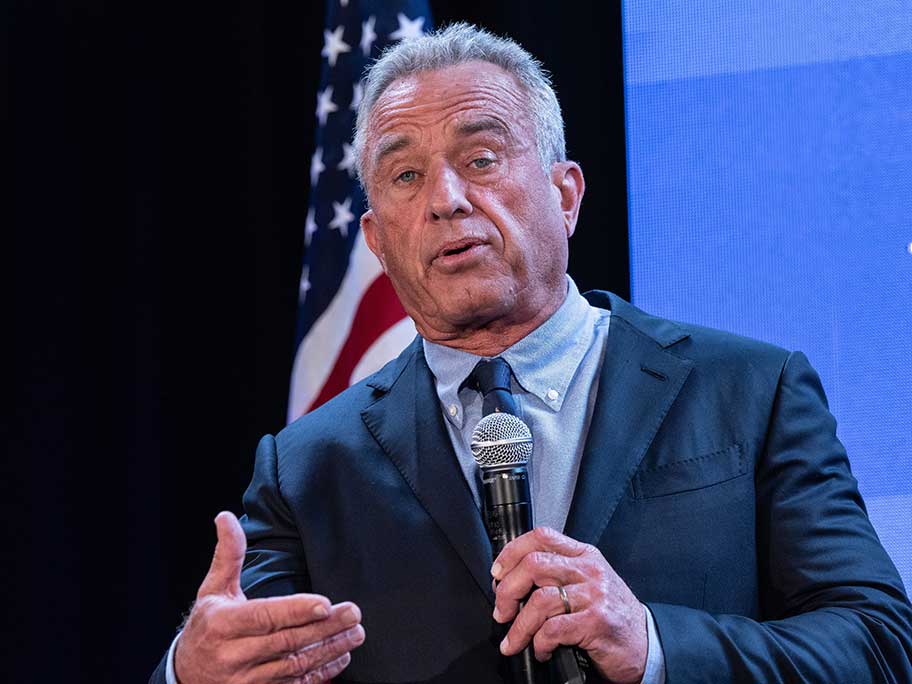
The US Centers for Disease Control and Prevention (CDC) has revised its online information regarding vaccines and autism, stating that studies suggesting a link have been “ignored by health authorities.” This update marks a significant shift in the public health agency’s stance, which has traditionally emphasized the safety of vaccines.
The CDC’s webpage now asserts, “The claim ‘vaccines do not cause autism’ is not an evidence-based claim because studies have not ruled out the possibility that infant vaccines cause autism.” This change has reignited debates over vaccine safety, a topic that has long been contentious in public health discussions.
Leadership Influence and Controversy
Robert F. Kennedy Jr., the former chair of the anti-vaccine organization Children’s Health Defense, who assumed the role of US Health Secretary earlier this year, confirmed to The New York Times that he personally ordered these changes. “The whole thing about ‘vaccines have been tested and there’s been this determination made’ is just a lie,” Kennedy told the newspaper.
This development follows Kennedy’s long-standing criticism of vaccine safety protocols and his advocacy for further research into potential links between vaccines and autism. His appointment as Health Secretary has been controversial, given his history of promoting vaccine skepticism.
Historical Context and Scientific Debate
The debate over vaccines and autism dates back to the late 1990s when a now-discredited study by Andrew Wakefield suggested a link between the MMR (measles, mumps, and rubella) vaccine and autism. Despite the study being retracted and numerous subsequent studies finding no credible evidence to support such a link, the controversy has persisted.
According to the World Health Organization (WHO) and numerous scientific bodies, vaccines are safe and effective. These organizations maintain that the benefits of vaccination far outweigh any risks, and they continue to advocate for widespread immunization to prevent outbreaks of vaccine-preventable diseases.
Expert Opinions and Public Reaction
Dr. Anthony Fauci, former Director of the National Institute of Allergy and Infectious Diseases, has consistently emphasized the importance of vaccines in public health. “Vaccines have been one of the most significant medical advancements in history,” Fauci has stated in past interviews. “They save millions of lives each year.”
Meanwhile, public reaction to the CDC’s webpage update has been mixed. Some parents and advocacy groups have welcomed the acknowledgment of ignored studies, while others fear it may lead to increased vaccine hesitancy.
“By the Numbers: According to the CDC, vaccination rates for children in the US have remained high, with over 90% coverage for most vaccines. However, vaccine hesitancy remains a concern, particularly in certain communities.”
Implications and Future Directions
The move represents a potential shift in public health messaging, with possible implications for vaccine policy and public trust. Health experts warn that any erosion of confidence in vaccines could lead to decreased vaccination rates and a resurgence of preventable diseases.
Looking ahead, the CDC’s updated stance may prompt further research into vaccine safety and autism. However, experts stress the importance of basing public health decisions on robust scientific evidence rather than anecdotal reports or unverified studies.
As the debate continues, the CDC and other health authorities face the challenge of balancing transparency with the need to uphold public confidence in vaccines. The coming months may see increased scrutiny of vaccine policies and potentially new guidelines aimed at addressing public concerns.






